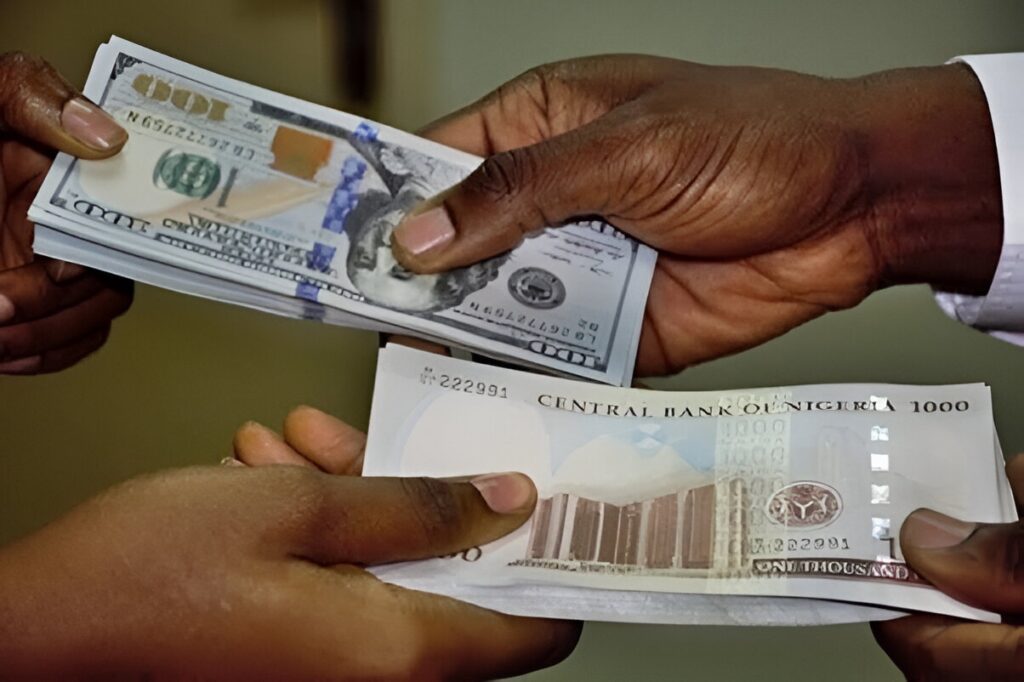The naira gained marginally against the United States dollar on Tuesday, appreciating to N1,499/ from an all-time low of N1,534/$ on the official Nigerian Autonomous Foreign Exchange Market.
This means the naira gained by 2.3 per cent or N35, according to FMDQ Exchange, a platform that publishes official foreign exchange trading in the country.
The naira has depreciated following the removal of fuel subsidy and the unification of the exchange rate market by President Bola Tinubu.
The local unit weakened from N464.67/$ in May 2023 to N1,490 at the official market in February 2024. During the same period, the local currency fell from N763/$ to N1470/$ at the parallel market.
On Monday, the naira hit a new low of N1,534/$, a few weeks after hitting N1,099.05/$ on December 8. It also fell to an all-time low of N1,348.63/$ on January 30, 2024.
At the parallel market, the naira maintained its upward surge from N1,503 to N1,530 as closing rates on Monday.
Currency traders in Abuja, also known as Bureau De Change operators, informed The Nigerianewsabroad that dollar opened at the rate of N1,509/$ and sold at N1,515/$ during intra-day trading before closing at N1,530/dollar.
A BDC operator in Wuse, Ibrahim Taura, Abuja, while explaining the situation, said, “We started today’s trade at N1,509/$ but the rate closed at N1,530/$.”
He further stated that the high rate had not slowed down market sales, noting demand for the greenback was still rising.
Another BDC, Nuhu Zakari, at the Abuja airport, said he bought the dollar at N1,525.
Meanwhile, dollar sales by banks dropped significantly by 54.2 per cent from $253.77 million on Friday to $116.11 million on Monday, according to the latest sales data by the FMDG.
Last week, commercial banks sold a total of $1.97 billion in one week.
